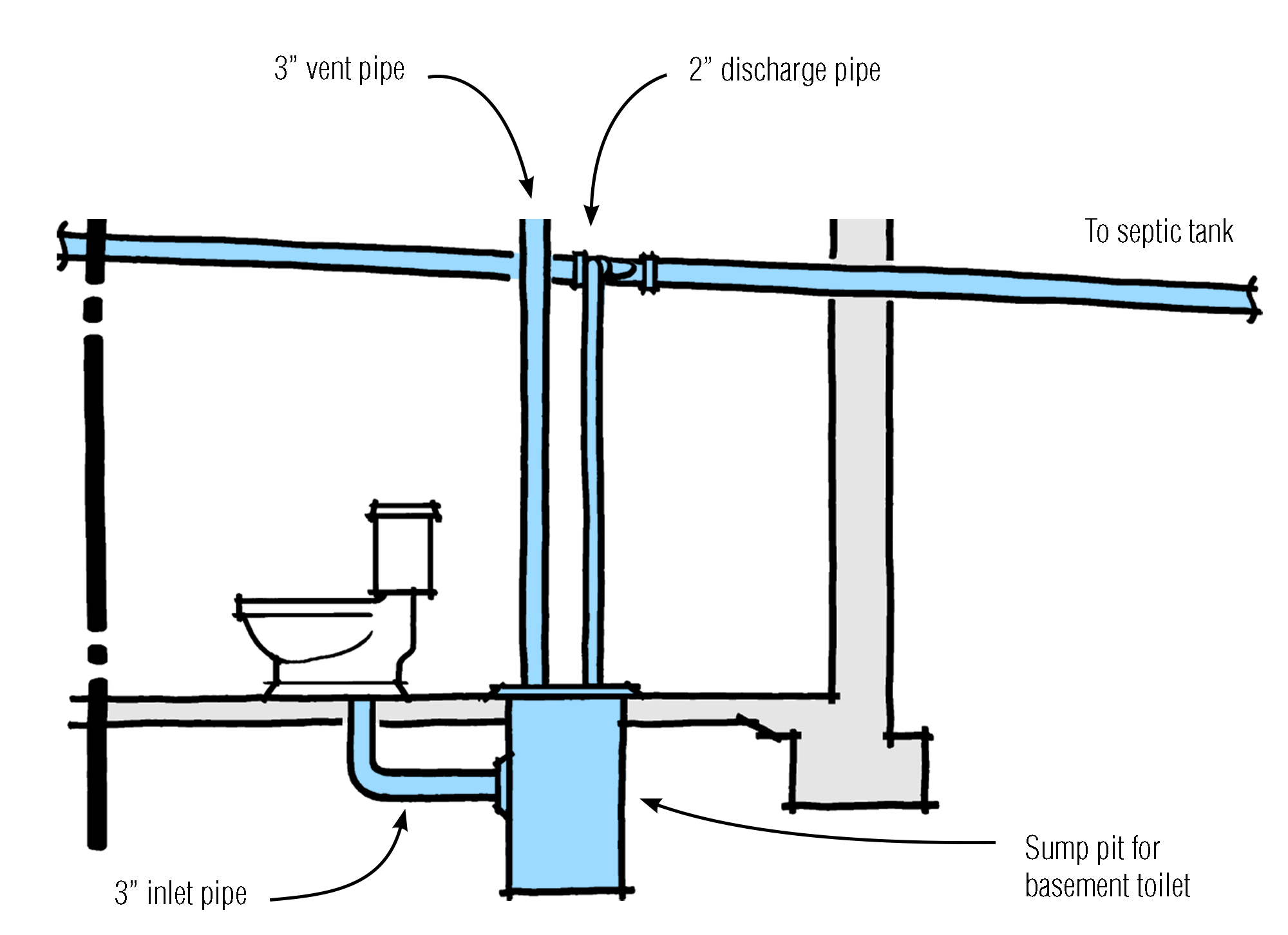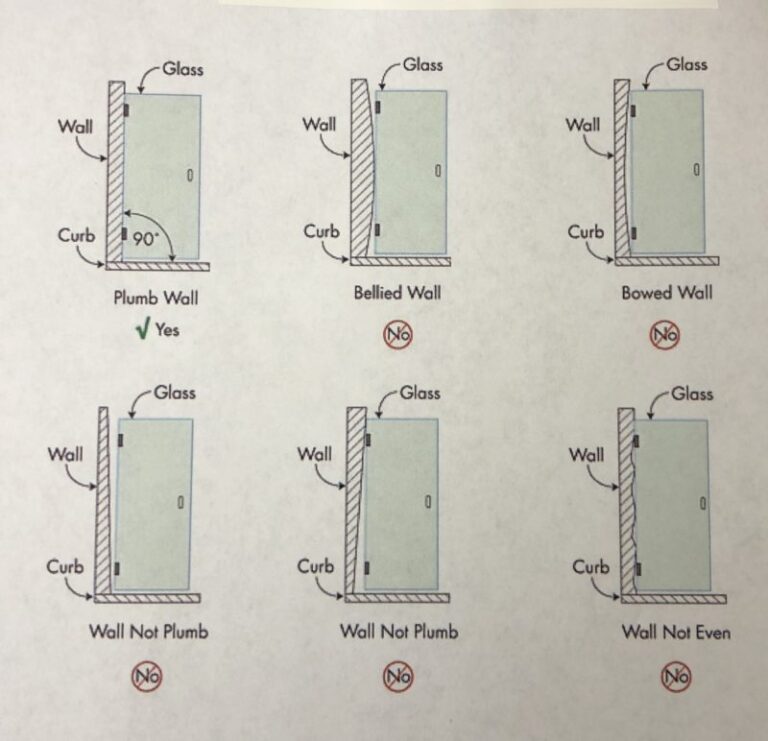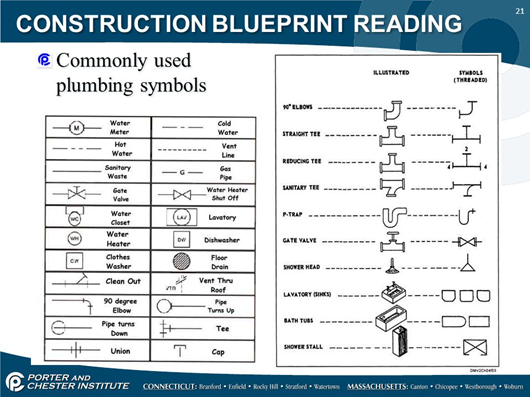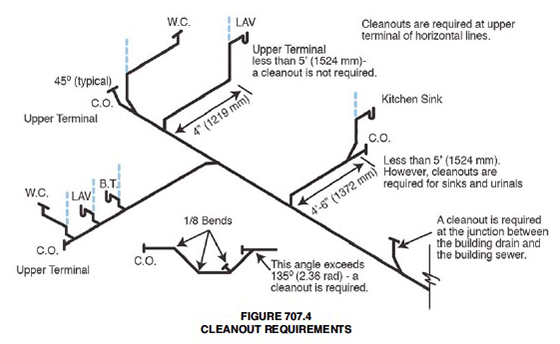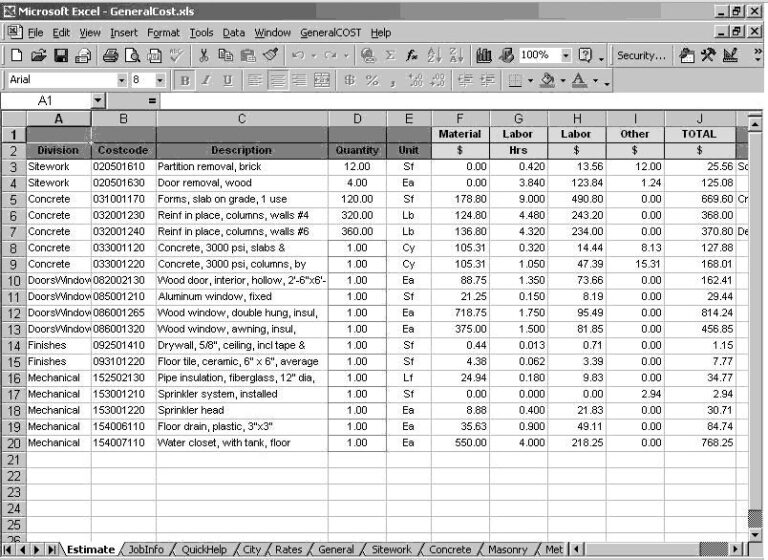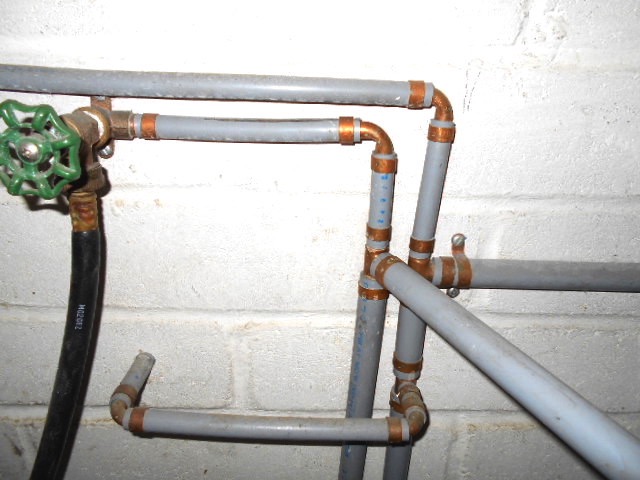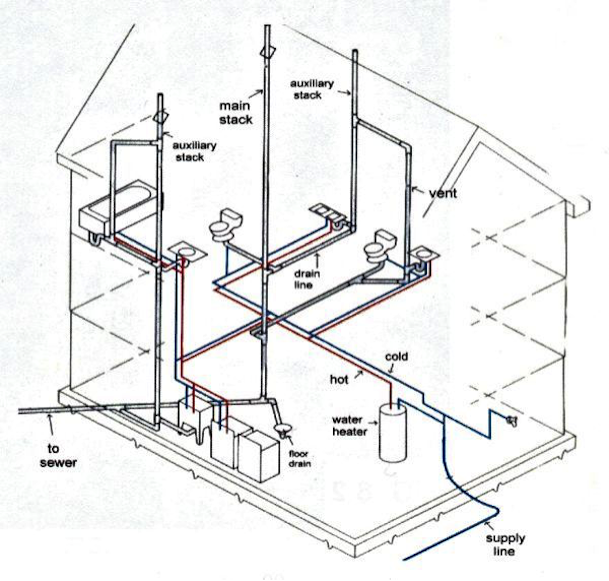How Does A Plumbing Vent Get Clogged?
A plumbing vent is an important part of a plumbing system, as it helps drain waste water and other materials away from the home. Over time, however, a plumbing vent can become clogged with debris, dirt, and even tree roots. This can lead to a number of problems, including slow-draining pipes, backed-up drains, and even sewage backup. Fortunately, a clogged plumbing vent can be cleared in a few simple steps.
What is a Plumbing Vent and What Does it Do?
A plumbing vent is a critical part of the plumbing system in a home or business. It provides an important function by allowing air to enter the plumbing system and preventing a vacuum from forming. This prevents the water from draining too quickly and creating a siphoning effect. Plumbing vents also allow for air to be exhausted from the system, which reduces the risk of sewer gases entering the building. In addition, the vent allows sewer gases to escape outside, reducing the risk of health problems. In conclusion, the plumbing vent is an essential part of the plumbing system that performs a vital role in maintaining the safety and functionality of the building.
Common Causes of Clogged Plumbing Vents
Clogged plumbing vents are a common problem in many homes. When a vent becomes clogged, it can cause a variety of issues, such as slow drainage, gurgling noises, and even backed-up toilets. Fortunately, these problems are relatively easy to fix. Common causes of clogged plumbing vents include tree roots, debris, and animals. Tree roots can invade sewer lines and cause blockages in the plumbing vents. Debris can also easily build up in the vents, preventing air from flowing freely through the system. Animals may also enter the vents, which can cause major blockages. No matter what the cause, it’s important to address the issue quickly to avoid further damage to your plumbing system.
Signs of a Clogged Plumbing Vent
A clogged plumbing vent is a common issue that can have serious consequences. It can cause drain backups, unpleasant odors, and even sewage flooding in your home. Fortunately, there are several warning signs to look out for so you can take action before the situation gets out of hand. You may notice gurgling sounds coming from the drain when running water, running water that takes a long time to drain away, and/or unpleasant odors coming from the drain. If you are experiencing any of these symptoms, it may be time to call a professional plumber to inspect your plumbing vent and clear any blockages. Don’t wait until the problem gets worse – take action today and have your plumbing vent checked!
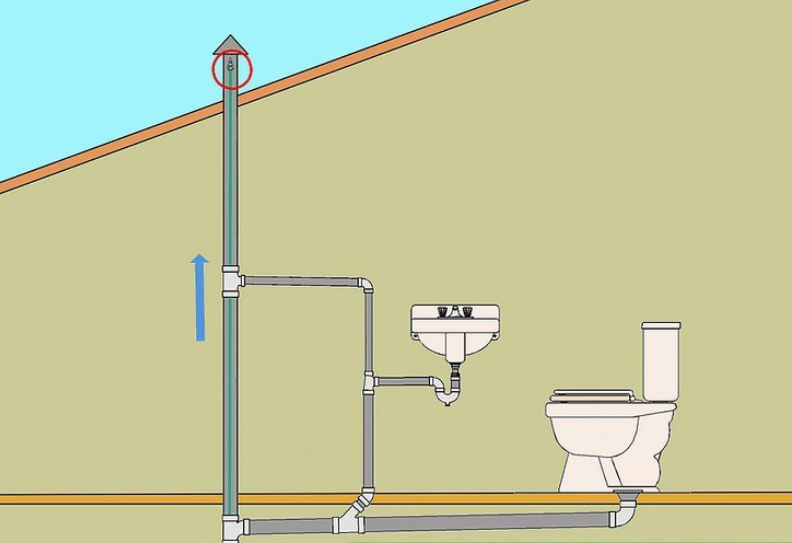
How to Unclog a Plumbing Vent
Having a clogged plumbing vent can be a real hassle. It can lead to all sorts of plumbing issues, from water backing up to slow drains. Thankfully, unclogging a plumbing vent is a relatively simple task. All you need is a plunger and a bit of elbow grease. Start by plunging the vent and then move on to using a drain cleaner. If that doesn’t work, try using a plumbing snake for more stubborn clogs. Finally, make sure all the vents are clear of debris and other obstructions. With a bit of effort, you can easily unclog a plumbing vent and get your plumbing system running smoothly again.
Prevention Tips for Avoiding Clogged Plumbing Vents
Clogged plumbing vents are a common issue in many households. To avoid the inconvenience and expense of clogged plumbing vents, it is important to take preventative measures. The most effective way to prevent clogged plumbing vents is to regularly inspect them for any blockages or debris. Also, be sure to keep your plumbing vent lines clear of leaves and other debris that may blow in. Additionally, it is important to install a vent cover on the outside of your home to keep any debris from entering the vents. Regularly inspecting and cleaning the vents can help ensure that they are free of any blockages. Lastly, it is important to ensure that the vents are properly vented to the outside of the home. Following these prevention tips can help in avoiding clogged plumbing vents and the associated costs and hassles.
What to Do if a Clogged Plumbing Vent Can’t be Resolved
If a clogged plumbing vent can’t be resolved, it’s time to call in a professional. A clogged plumbing vent can cause water to back up in a sink, tub or shower drain, and can even lead to flooding. It can also cause a toilet to gurgle and air to be blocked from the plumbing. A professional plumber can assess the situation and recommend the best course of action to rectify the issue. This may involve using specialized tools or products to clear the blockage. If the vent is beyond repair, the plumber can also advise you on the best replacement option. Don’t let a clogged plumbing vent ruin your day – call in the experts and get it sorted quickly and efficiently.
FAQs About the How Does A Plumbing Vent Get Clogged?
1. What causes a plumbing vent to get clogged?
A plumbing vent can become clogged due to debris, such as leaves or small animals, that block the flow of air in the vent.
2. How do I know if my plumbing vent is clogged?
If there is a foul odor coming from the plumbing fixtures or drains, or if the water in the toilet is draining slowly, it could be a sign that the plumbing vent is clogged.
3. How can I unclog a plumbing vent?
A professional plumber can unclog a plumbing vent using specialized tools and techniques. It is important to have a professional plumber inspect the vent and determine the best course of action for unclogging the vent.
Conclusion
The plumbing vents in your home can get clogged from debris build-up or a blockage in the vent system. Plumbing vents are essential for your plumbing system to function properly as they allow air to flow through the pipes and help to prevent a vacuum from forming. If a plumbing vent gets clogged, it can cause water backup and other plumbing issues. To prevent clogs, it is important to have the plumbing vents inspected and cleaned regularly. Additionally, it is important to ensure that the vents are properly sealed and installed to avoid any blockages from occurring in the future.

